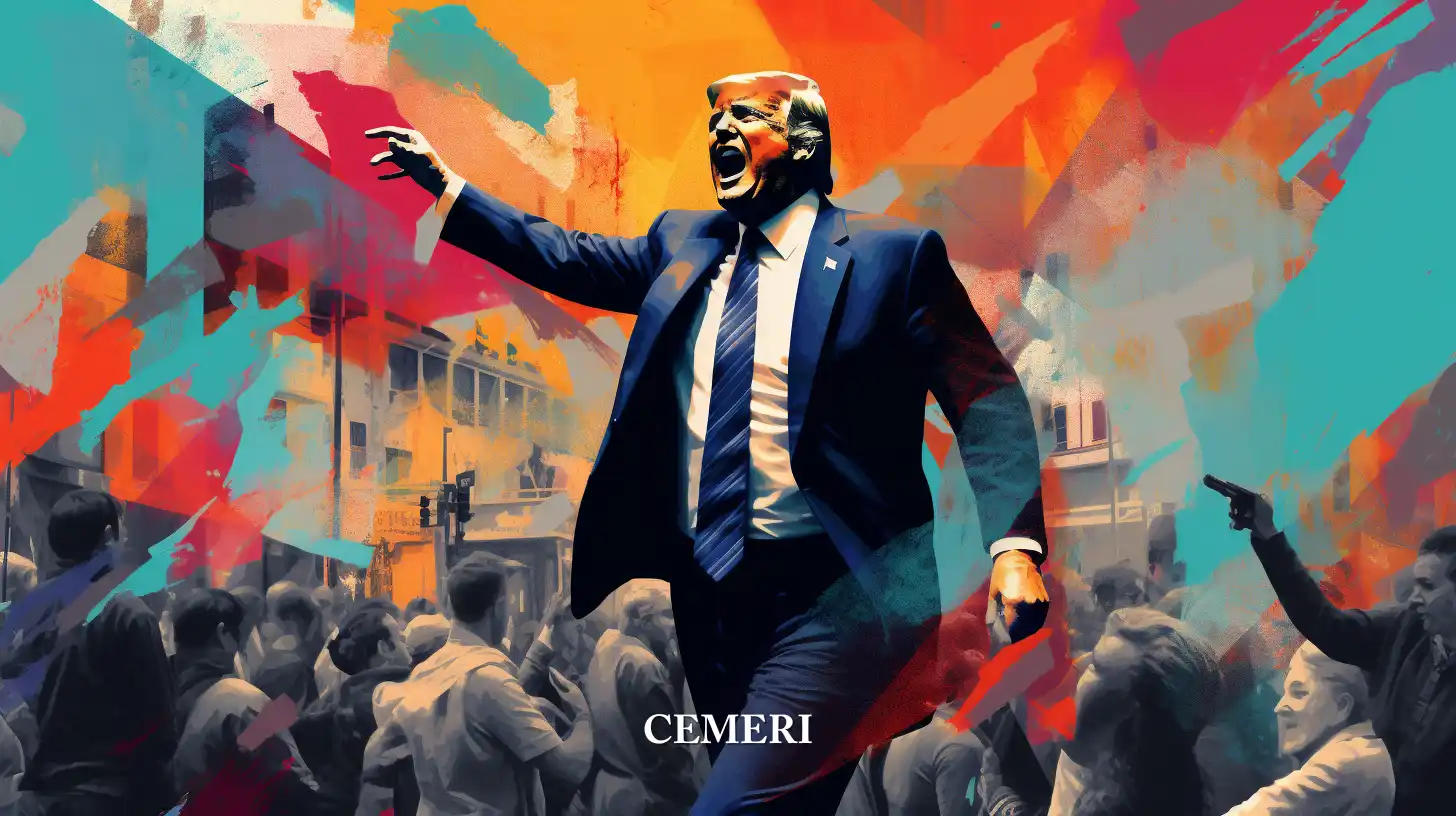Opinion
Martín Busacca
Digital Political Parties: The solution to Latin American democracies?
- How can we improve citizen participation in politics? Digital parties could have a solution.

In Latin America, the lack of legitimacy of the political class in the states of the region is not new. The cases and scandals of corruption are countless and of all political colors. The risk consultant [Consult Risk_ and the Anti-Corruption Working Group (Americas Society and Council of the Americas, AS/COA)](https://www.as-coa.org/sites/default/files/archive/2020_CCC_Report .pdf),_ established through their state capacity to combat corruption index, that many countries in the region chose to deviate from anti-corruption public policies in 2019, thus diminishing their positive image. The traditional political parties, as motors of political life in each country, are in check. This crisis of the traditional political system allows new ideas of political participation to emerge in the world and in the region.
Digital political parties are mainly based on the direct participation of their affiliates through the use of digital platforms and social networks. Its purpose is to build a bridge between representatives and represented that tends to improve communication between both poles and thus be able to display the ideas and interests of the participants. Its main axes are transparency in terms of party income and expenses and horizontality in party decision-making and its representatives.
There are various cases, albeit rare, of party proposals that were formed from this concept. In the digital era and with the crisis of the world political class, digital political parties could be a variant of traditional action, providing more reliable options for the opinion of those represented.
The Italian case.
On October 4, 2009, the Movement 5 Stars (M5S) was founded in Italy. It is based on a direct participation of its members through the use of a digital platform called “Rousseau”, in which its members or affiliates can contribute to legislative and political activity. of their representatives. There is also a training school for activists, elected candidates, and citizens who want to get involved in the movement, with feedback from all its users.
In its electoral life, the 5-star party performed an excellent role in the March 2018 elections, obtaining 33% of the votes (the party with the most votes) and thus obtaining the mayoralty of Rome and Turin as well as a large number of seats. in the Italian Chamber of Deputies and Senate. It currently has 187,643 members registered through the Rousseau platform, of which 122,280 have the right to vote on Italian territory.
The Uruguayan case.
In 2013, an interesting party project was founded in Uruguay: El Partido Digital. It was not until 2018 that it managed to register before the Uruguayan justice as a party formally. Its political ideology does not fit within the classic denominations of "left-center-right", but rather depends on the decision of its affiliates in each discussion topic raised. Its goal is to generate a direct channel between representatives and represented through the use of digital tools to the point of submitting even the legislative decisions of their representatives to the vote of their affiliates, through the platform "[Mivoz](https://digo .myvoice.uy/)”.
The financing of political parties, especially in their electoral campaigns, has always been the subject of discussion due to its lack of control and transparency. El Partido Digital has as one of its main axes, the transparency of the income and expenses it makes as a political party. All his finances are listed on his website in a complete and detailed way. It currently has 1,545 users who actively participate in party discussions.
Towards a digital direct democracy.
The current pandemic of the SARS-CoV-2 virus outbreak has put the entire world in check. The use of the Internet has become essential to face daily tasks, whether they are work, educational, political or simply recreational. This provided a boost in the use of social networks, video calls and other platforms to communicate. Politics was no exception. The use of social networks by political parties and governments has increased drastically in recent years, resulting in official communication channels.
Digital tools provide direct contact with each voter. In the region, the traditional political parties are the main conduit for channeling the ideas and interests of society. Thinking of a mutation to exclusively digital political parties would seem to be an option that is not very compatible with the reality of Latin America. However, digital tools could provide greater legitimacy to traditional parties by establishing greater transparency and better communication with their constituents.
Sources
NA

